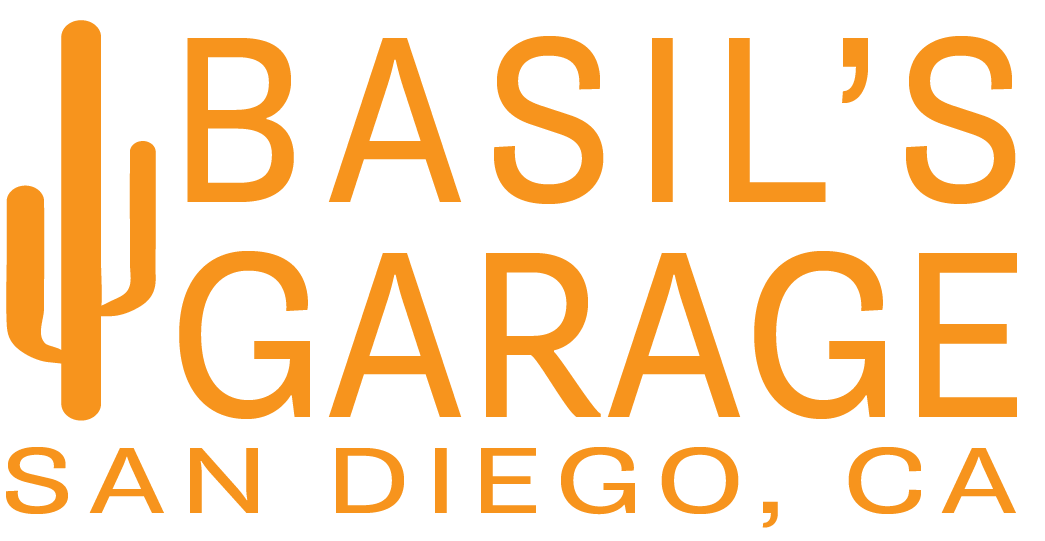Platform design and the future of construction, Built Environment Matters podcast with our Head of Global Systems, Jaimie Johnston MBE
Designers apply DfMA by considering, evaluating and applying the toolkit of innovations collectively referred to as MMC..
Or we might start with a similar type of project for which we've generated Chips in the past.. Chips can be made at different levels.A chip is not a module or a piece of equipment, it's a part of a chain.

Depending on the problem you're trying to address, you can set the level of the size of the Chip to the level that is appropriate to your analysis.A chip can, therefore, be a whole factory, a building, a production line, or a single machine within a production line.These different levels will often result in a hierarchy of Chips, so that big Chips can later be broken into small Chips.

They're used in different ways at different stages of a project, or in different ways by different users within a project..The data structures that we build around Chips allow data to be aggregated between different levels.. We can associate any type of data with a Chip.

Conventional engineering data is perhaps the most obvious, but we also include data like staffing levels, containment requirements, power consumption, or even the level of design uncertainty.
This allows for visualisation of different issues within a project..In summary, Chips allow us many different perspectives on parts of a project.
And crucially, they provide the common language for communication between all the different people involved in executing that project..Improving pharmaceutical facility design with Chips, generative design and automation.
We are now using chips as the basis of generative designs to allow us to automate the design process.In this context, generative design means using computers to assemble designs based on a set of rules, components and input parameters.
